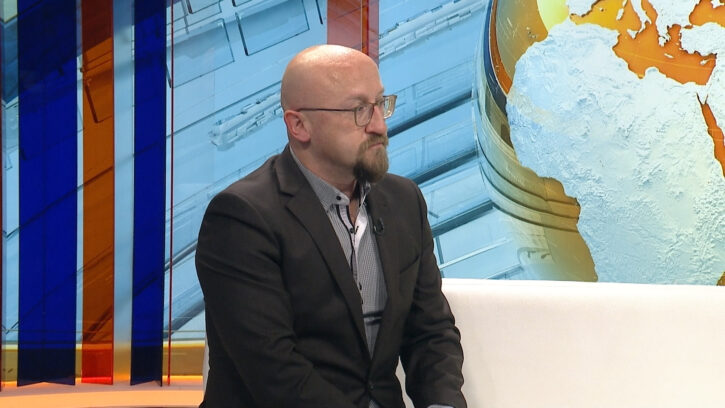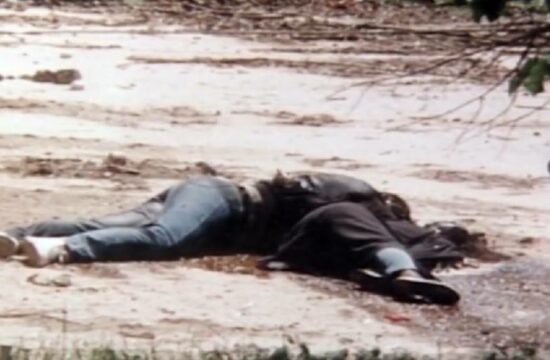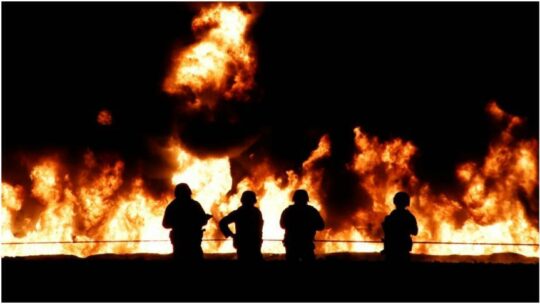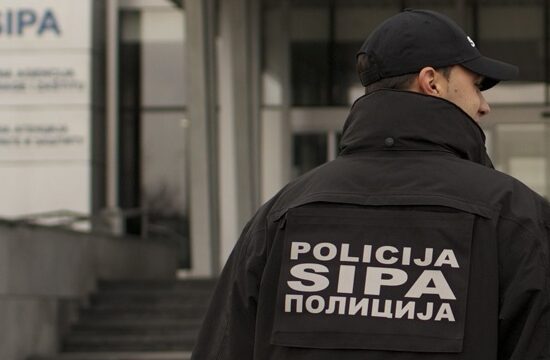
As opposed to before, the unconstitutional Wednesday celebration marking the anniversary of the establishment of Republika Srpska (RS), Bosnia’s Serb-dominated semi-autonomous part, was supported this year by Croatia and Bosnian Croat representatives, political analyst Adnan Huskic told N1 on Thursday.
Hundreds of police officers marched through the streets of Banja Luka, the administrative centre of the RS, on Wednesday as part of a ceremony marking the ‘Day of Republika Srpska’. The parade also included armoured vehicles.
“There was a demonstration of power in Banja Luka,” Huskic said.
Bosnia's Constitutional Court banned in 2015 the celebration the January 9 ‘Day of Republika Srpska’ holiday on an appeal by Bakir Izetbegovic, who was at that time the Bosniak member of the country’s tripartite Presidency.
The reason stated was that the celebration falls on the same date as an Orthodox religious holiday, and celebrating it is, therefore, discriminating against the mostly Muslim Bosniaks and the mostly Catholic Croats.
The Court gave the RS Government six months to find a new date for the celebration but the request has so far been ignored. The celebration has been taking place on the controversial date yearly.
But this year, Dragan Covic, the leader of the main Croat ethnic-oriented political party in the country, the Bosnia’s Croat Democratic Union (HDZ), also attended the ceremony. So did Croatia’s Ambassador in Bosnia, Ivan Del Vechio.
“They (RS leadership) are seeking legitimacy for the holiday also from the outside, which is a clear sign that the circumstances within Bosnia and Herzegovina have changed,” Huskic said.
Covic is a political ally of Milorad Dodik, the hardline Serb member of Bosnia’s tripartite Presidency who’s Alliance of Independent Social Democrats (SNSD) is in power in the RS.
But Covic is also strongly supported by Croatia. The Bosnian HDZ he is the leader of is a sister party of the HDZ which is in power in that country.
“I think that this kind of policy is already getting approval from the Republic of Croatia because yesterday the ambassador of Croatia and Dragan Covic were both present there,” Huskic said, adding that Serbia’s Prime Minister, Ana Brnabic, also came to Banja Luka on Wednesday and was honoured with an award that convicted war criminals also have received in the past.
The situation within Bosnia reminds of the position the country was in in the 1990s, Huskic said.
The political analyst also pointed out that international officials in Bosnia have not reacted to the presence of Croatia’s ambassador at the celebration, reasoning that this is because they have “given up on Bosnia and Herzegovina after the April package fell through,” referring to a 2006 package of constitutional reforms that was supported by the international community but did not pass the vote in Bosnia’s Parliament.



